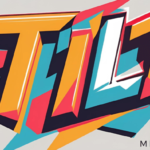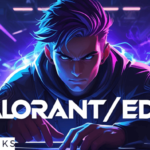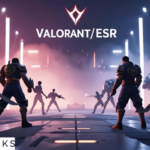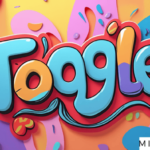What Does Mods Mean In Gaming?
A mod in gaming is a change made by players to an existing game. It can adjust, expand, or completely change parts of the game.
These modifications may include minor fixes or significant changes to gameplay, visuals, or content.
Hello, gamers and creators! Today, we’re discussing something that brings imagination, teamwork, and sometimes chaos to gaming—mods.
Have you ever replaced dragons with Thomas the Tank Engine or used lightsabers in a medieval battle?
If so, you’ve already explored the exciting world of modding. Let’s take a closer look at what mods do!

What Is a Mod in Video Games?
A mod, short for “modification,” is a change made to a video game by players or fans instead of the original developers.
Mods can be minor adjustments or complete overhauls. It’s like rewriting a book or adding scenes to a movie but in a game.
Mods can do things like:
- Add new characters, levels, or items
- Change game rules or mechanics
- Improve graphics or sound
- Fix bugs or add unofficial updates
- Create a whole new game using the original as a base
Where Did the Term “Mod” Come From?
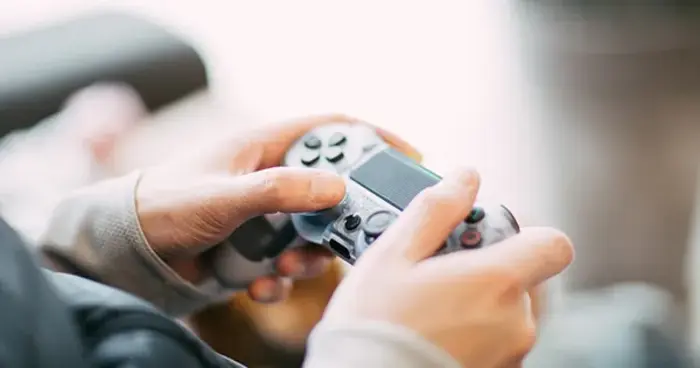
Modding has existed almost as long as video games. However, the word “mod” and its modern meaning became popular in the 1990s.
The release of Doom in 1993 was an essential event in modding. Id Software, the game’s developer, included editing tools to support modifications.
Players could create their levels and make changes quickly.
The term “mod” became widely used in the mid-1990s, especially with first-person shooters and strategy games that supported modifications.
Games like Quake, Half-Life, and Warcraft III had strong modding communities. Some mods even became standalone games, such as Counter-Strike and Dota.
Are Mods Good or Bad for Games?
Mods have both benefits and drawbacks.
Benefits of Mods:
- More Content: Mods add extra hours of gameplay.
- Creative Freedom: Players can express creativity and learn game development.
- Stronger Communities: Modding brings players together.
- Fixing Issues: Some mods fix problems before official updates.
- Inspiration for Developers: Some features in official games come from mods.
- Better Accessibility: Mods can help players with disabilities.
Drawbacks of Mods:
- Game Crashes: Some mods can cause technical issues.
- Compatibility Problems: Mods may not work together or with updates.
- Piracy Issues: Some mods bypass game security.
- Inappropriate Content: Mods can add offensive material.
- Unfair Multiplayer Advantages: Some mods create unfair gameplay.
- More Work for Developers: Supporting mods takes extra resources.
Most players and developers see mods as a good thing. They keep old games fresh, encourage creativity, and even help people start careers in game development.
Other Modding Terms You Should Know
When exploring mods, you might see these words:
- Modder: A person who creates mods.
- Vanilla: The original game without mods.
- Overhaul: A major mod that changes many parts of a game.
- Asset: A modifiable game part, such as a model or sound file.
- Script: Code that controls how a mod works.
- Mod Manager: A tool for installing and organizing mods.
- Compatibility Patch: A mod that helps other mods work together.
- ENB: A type of graphics mod for better visual effects.
- SDK (Software Development Kit): Tools from developers to help create mods.
- Workshop: A place (like Steam Workshop) to share and download mods.
Mods let you change games in creative ways. Whether you want to turn chickens into explosives or adjust the interface, mods open up new possibilities.
Just be sure to back up your game files before making changes!


